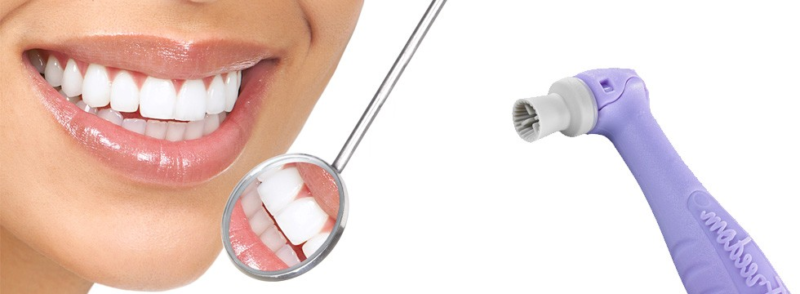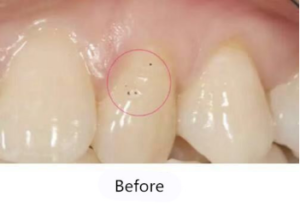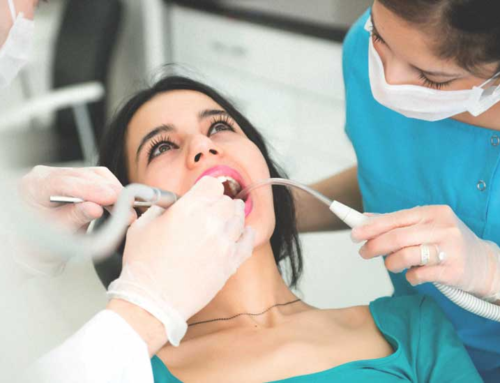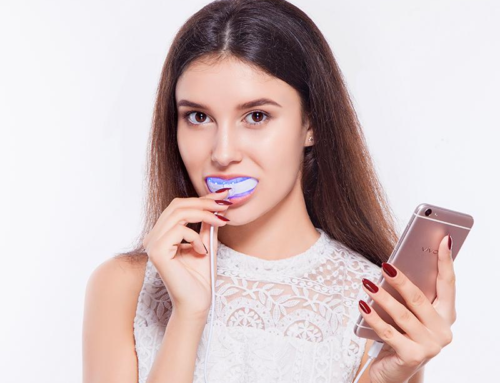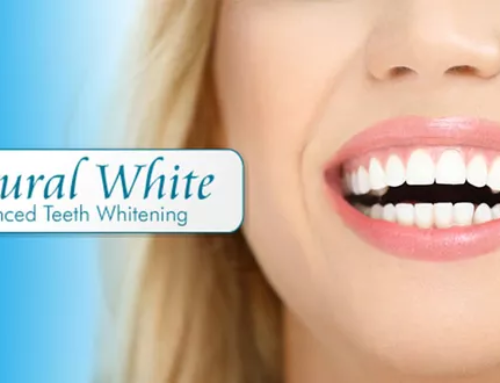The importance of using dental disposable teeth for dental polishing
Why should the teeth be polished?
Tooth polishing refers to the removal of fine impurities such as pigments remaining on the tooth surface after washing the teeth and polishing the tooth surface to make the tooth surface smooth and the plaque tartar difficult to accumulate.
After washing the teeth, although the calculus and some pigments are removed, the surface of the teeth is not smooth. And there are often leftover pigments and fine tartars that are difficult to distinguish with the naked eye. The teeth are rough or scratched, and the calculus will be faster than before. Deposition, so it is necessary to polish the surface of the tooth without polishing so that the plaque and pigment are not easy to adhere. If you only do the sputum cleaning and save the step of polishing the tooth surface, the plaque is easy to re-form, which is one of the main reasons why many patients feel that the more difficult the tartar is.
The second role of tooth polishing is that the surface of some people’s teeth is not very smooth. When the teeth are in use throughout the year, when the teeth are sour, the surface of the teeth will be corroded, especially when they like to drink. In patients with carbonated beverages, they often see punctiform pits on the surface of their teeth. These small pits are too small and have no clinical pain and discomfort, so they are easily overlooked by patients. So after washing the patient’s teeth, the dentist usually polishes these small pits.
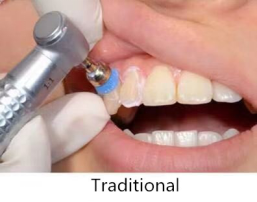
What is a Prophy Angle?
Prophy Angle is a disposable dental instrument for tooth polishing that consists of an internal mechanical structure, a housing and ahead polishing device. The polishing device and housing are typically at an angle of 90° to enhance the ability of the polishing device to reach the patient’s tooth surface for easy physician operation. Different types of dental cartilage heads can be equipped with polishing devices of different materials and shapes. At present, the corners of the teeth are not popular in China and the most common rubber polishing cups in China. A polishing cup is a reusable dental device that reduces the cost of treatment but carries the risk of cross-contamination. The dental industry has been a frequent infection in recent years.
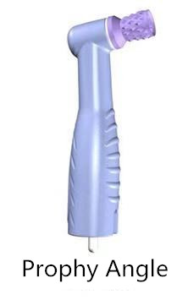
The importance of disposable dental Prophy Angle
Dental treatment generally causes mucosal and skin damage, which can easily cause cross-infection. The use of disposable dental instruments such as dental corners can effectively control cross-infection in oral medicine and prevent the spread of AIDS, hepatitis B, and other blood-borne diseases. However, there are still some private clinics offering dental polishing treatments, but to save costs, most clinics use a Prophy Cup instead of a dental corner to polish their teeth. Therefore, the most effective way to control cross-infection in oral care is to use disposable dental instruments such as cusp angles to prevent the spread of AIDS, hepatitis B, and other blood-borne diseases.
Frequent oral medical infections have made us aware of the importance of using disposable dental medical devices. The US Centers for Disease Control and Prevention recommended in the Dental Infection Control Guidelines that if possible, use disposable dental instruments instead of reusing dental instruments to prevent cross-contamination. At present, disposable dental corners have been widely used in Europe and the United States.
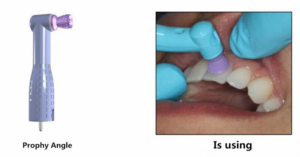
Stomatological hospital or clinic infection control is one of the important tasks. The use of disposable dental corners can avoid cross-infection from the source, ensure that patients do not get new infectious diseases, and ensure that patients can heal in the hospital as soon as possible. More macroscopically, the faster and less accidental the patient is, For hospital clinic managers and health system managers, the medical burden can be effectively reduced.

